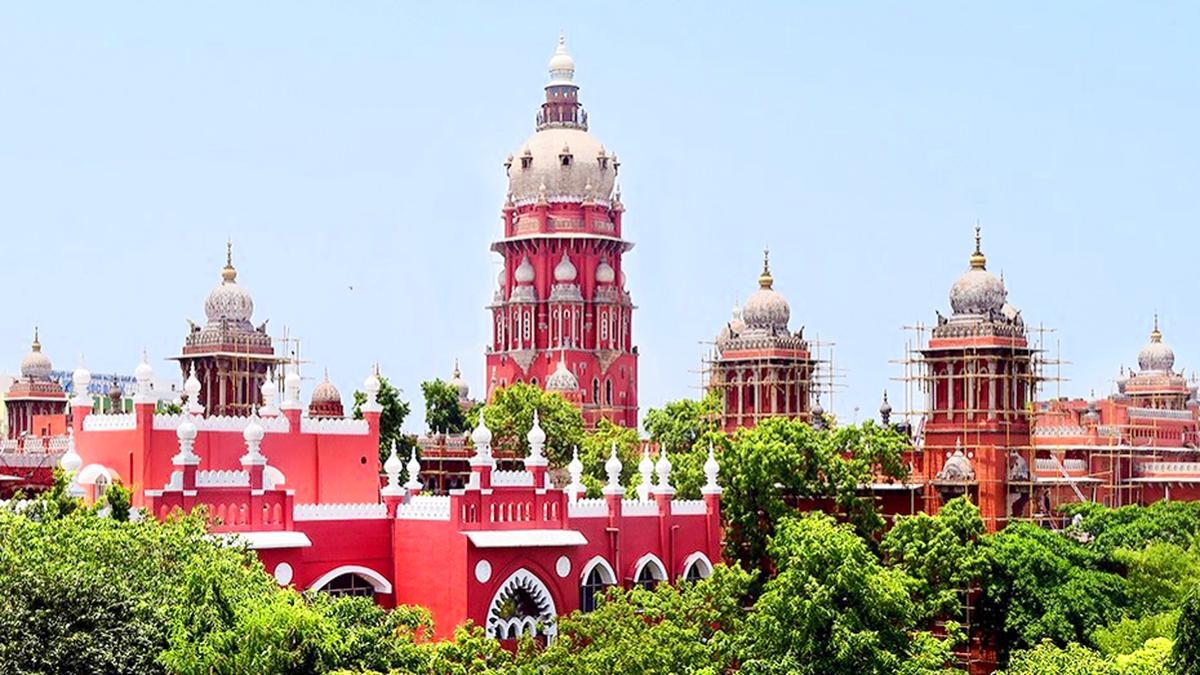
Exclusive crime investigation wings will be established at more T.N. police stations, Madras High Court told
The Hindu
State Public Prosecutor (SPP) Hasan Mohamed Jinnah has assured the Madras High Court that the exclusive crime investigation wings, established at select police stations in Tamil Nadu on a trial basis, will now be extended to many other police stations too, since the result has been highly encouraging with final reports having been filed within the statutory time limit even in serious offences such as murder and dacoity.
State Public Prosecutor (SPP) Hasan Mohamed Jinnah has assured the Madras High Court that the exclusive crime investigation wings, established at select police stations in Tamil Nadu on a trial basis, will now be extended to many other police stations too, since the result has been highly encouraging with final reports having been filed within the statutory time limit even in serious offences such as murder and dacoity.
Justices M.S. Ramesh and N. Anand Venkatesh recorded his submission and hoped that the Director-General of Police would soon identify some more police stations where the specialised investigation wings could be established apart from the 11 Taluk police stations and the Coimbatore Commissionerate where they were established on a pilot basis, following directions issued by the High Court in October last year.
The judges appreciated the Chief Secretary and the DGP for having conducted an orientation programme for prosecutors across the State in order to prevent the accused from being let out on statutory bail due to the prosecution’s failure to file charge-sheets within 60 days in offences which attract a maximum punishment of 10 years and within 90 days in offences which attract a maximum punishment of more than 10 years.
On being told that the police had now stopped the practice of obtaining the opinion of public prosecutors before filing final reports before the courts concerned because of a High Court order passed last year, the Bench led by Justice Ramesh clarified that the 2022 court order does not impose a blanket ban on the police getting their final reports scrutinised by trained legal brains in order to rectify the defects, if any.
The Bench directed the DGP to issue a clarificatory circular stating that the police can get the final reports scrutinised by the public prosecutors, though it need not necessarily be in the nature of obtaining their opinion, and remedy the defects. Further, the Director of Prosecution too, was directed to issue a circular instructing the public prosecutors to scrutinise the final reports within a reasonable time limit and without causing any delay.
In so far as the issue of coming up with a Digital Evidence Manual, to serve as a ready reckoner for the police in handling electronic evidence, was concerned, the judges granted four weeks time for the DGP to finalise the manual. Since such manual and a check-list to be used by the investigating officers had to be created with great amount of precision, the process need not be hastened, they said.











